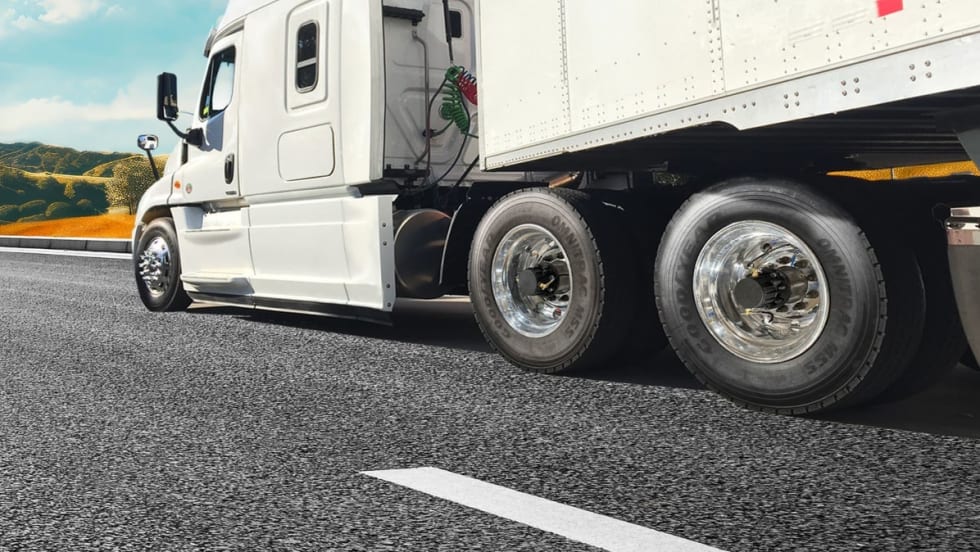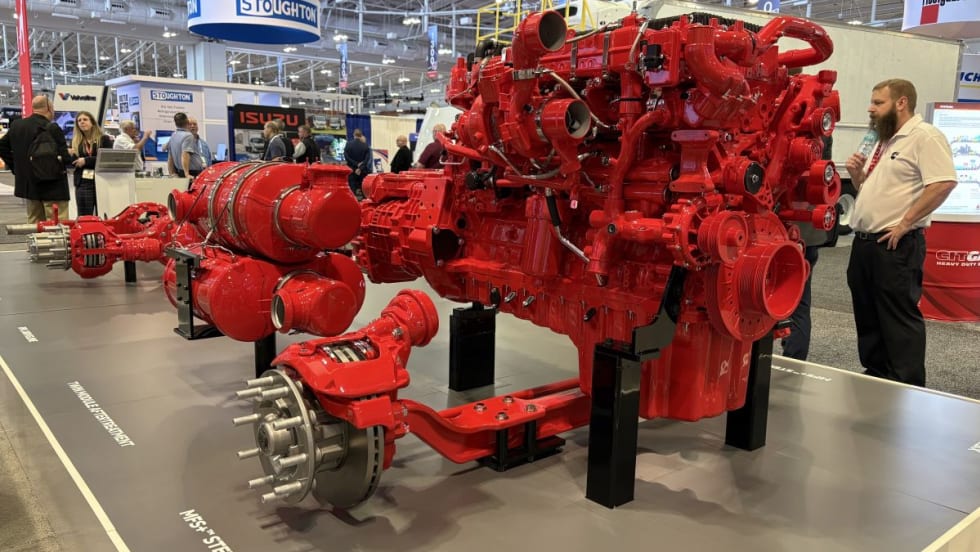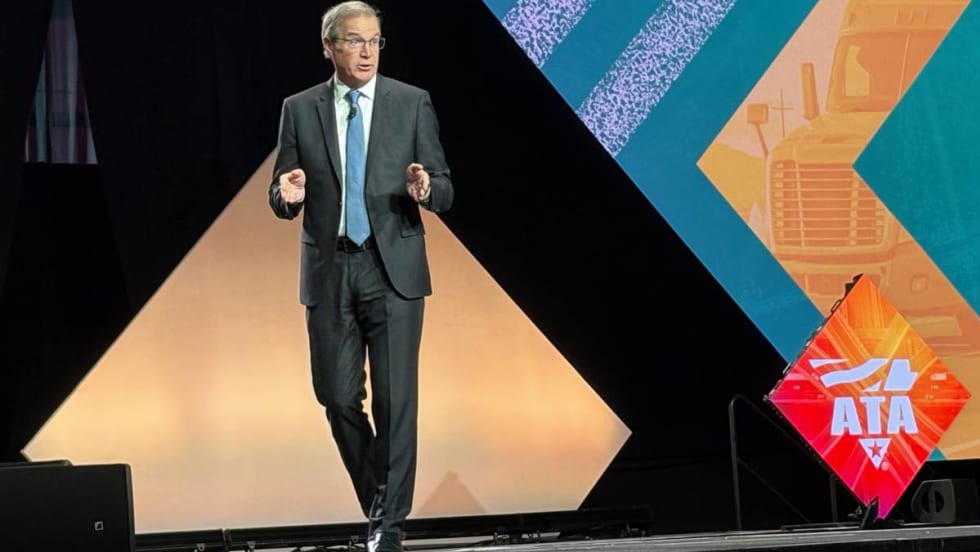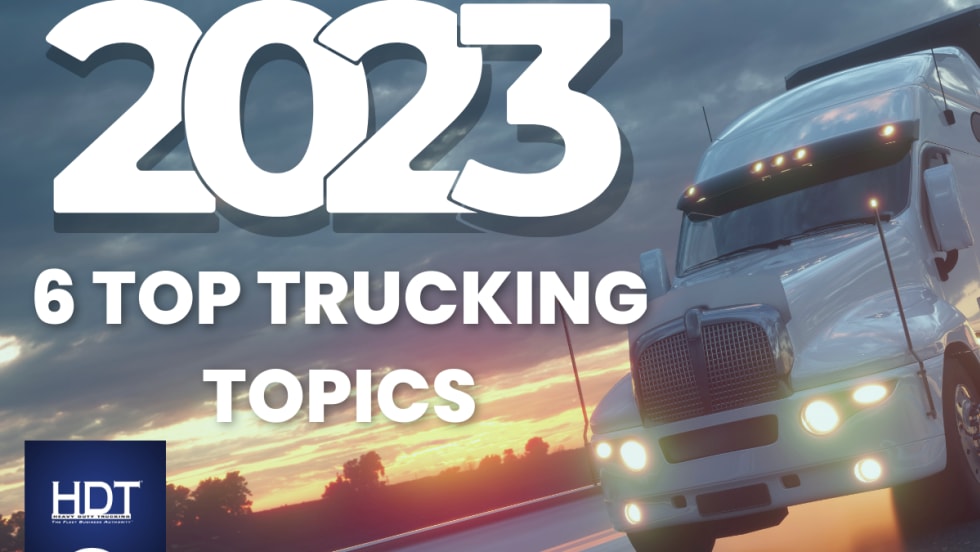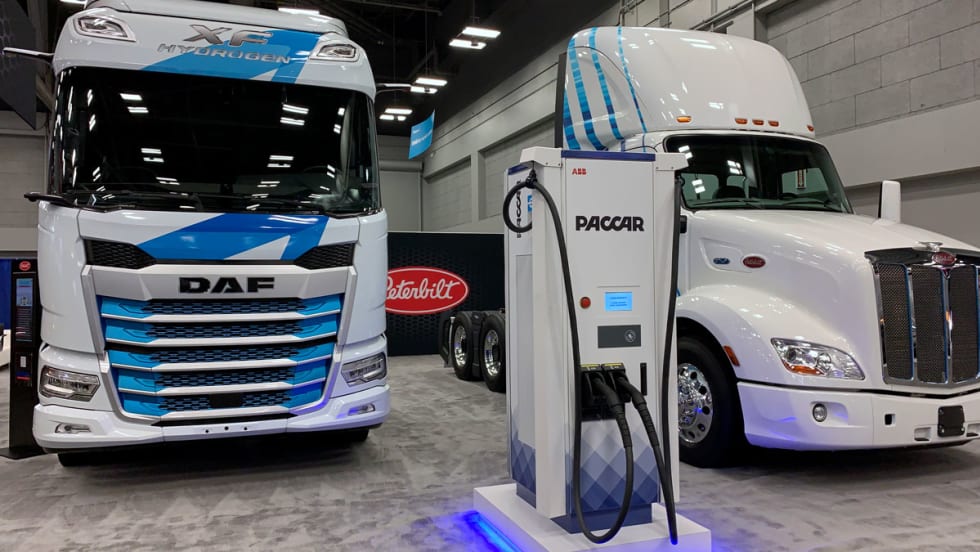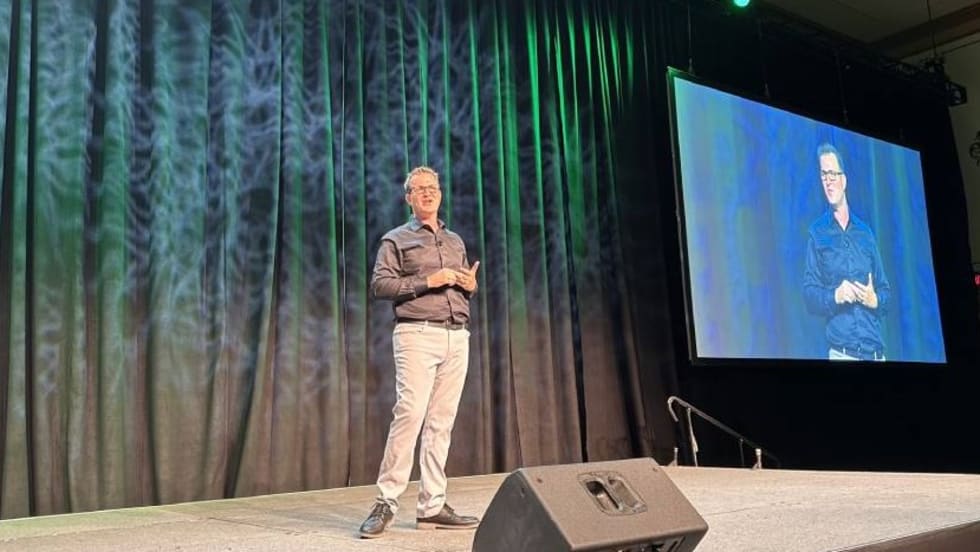Trucking economist Noel Perry earlier this year got an opportunity to visit Amazon, and came back with some interesting insights into the e-commerce giant, its logistics operations, and what it all means for trucking.
He shared those recently in his Transport Futures blog. It’s a long and interesting piece, but here are a few highlights that stood out to me:
1. It’s about more than the long haul
You’ve been under a rock somewhere if you haven’t heard the term “final mile” or “last mile” by now. It’s a booming opportunity, thanks to e-commerce, with everyone from UPS to XPO trying to figure out the best way to make money doing it.
Perry notes that Amazon divides transport into three buckets: First Mile, Middle Mile, and Final Mile. “This taxonomy teaches us something about the evolving transportation world,” he writes. “Historically, the bulk of interest has been on the linehaul portion of the move, where goods move in high volume, long distances. Amazon introduces us to a world that explicitly includes origin consolidating activity and the essential delivery of goods to a specific consumption point. That viewpoint forces one to see the entire move and to recognize the special circumstances of consolidation and distribution activity at either end of the move.”
2. Smart people and data trump trucking experience
Amazon is convinced that brains equal profits, Perry reports. The company’s workforce features a heavy core of analytical experts. “Part of that is the nature of their work and growth plans. Part is simply a powerful bias towards continuous improvement based on smart people analyzing and improving process,” he writes.
Amazon employs over 100 economists, with experts with such varied backgrounds as chemical engineer and micro-economics professor.
“Importantly, the general manager of their linehaul freight operations, ‘middle mile,’ talked at length of the analytical projects he was executing, including several focused specifically on freight matching activity,” Perry reports. “They have, for instance, improved their load acceptance by allowing their carriers to choose appointment times, from a menu of options. The previous arbitrary assignment process left their carriers unhappy about time-definite appointments, given the specifics of their drivers’ trip circuits.
“I have never seen such an investment in analytical work from any carrier, broker or shipper in my 42 years in the industry.”
Amazon, Perry writes, is “proving that the exploding availability of data, powerful digital tools, and smart people can take supply chain performance to new levels. It troubles me to have found evidence of improvements there that traditional practitioners should have adopted a decade ago. We in the industry must make those same investments or be left behind.”
3. They’re not trucking and logistics experts.
Perry notes that the fast-growing company is approaching 600,000 employees worldwide, having added 250,000 people in the last year. “The flip side of those numbers is the company has bunches of new people who are understandably ignorant of basic facts, including transport. During my presentation, the more experienced people stopped me several times to explain to their new colleagues what some of my terms mean, like ELDs and backhauls. One person I met had six months of experience at Amazon. He told me that a third of Amazon people have been hired after him.”
Perry says this presents an opportunity for trucking: Leverage our transport knowledge. “Amazon knows a lot about supply chains, but the inexperience of many of their people leave them ignorant and naïve about truckload transportation,” he writes. “Moreover, their preference for small carriers provides them visibility to the least sophisticated segments of our industry. They present a major opportunity to suppliers of information, analysis and operational services who can combine experience with the analytical language that Amazon speaks.”
For more of Noel Perry’s insights on this and other topics, subscribe to his blog at www.transportfutures.net.





